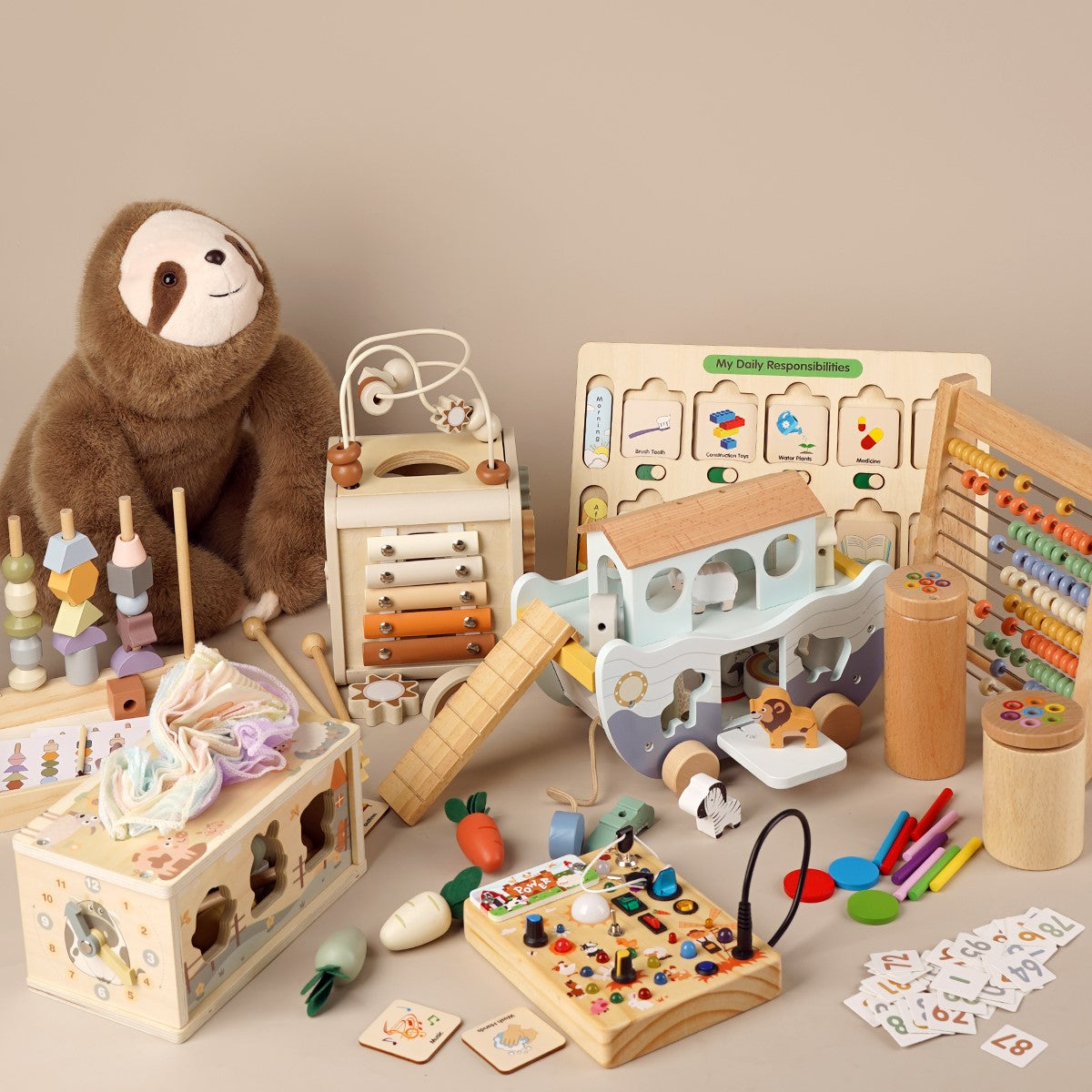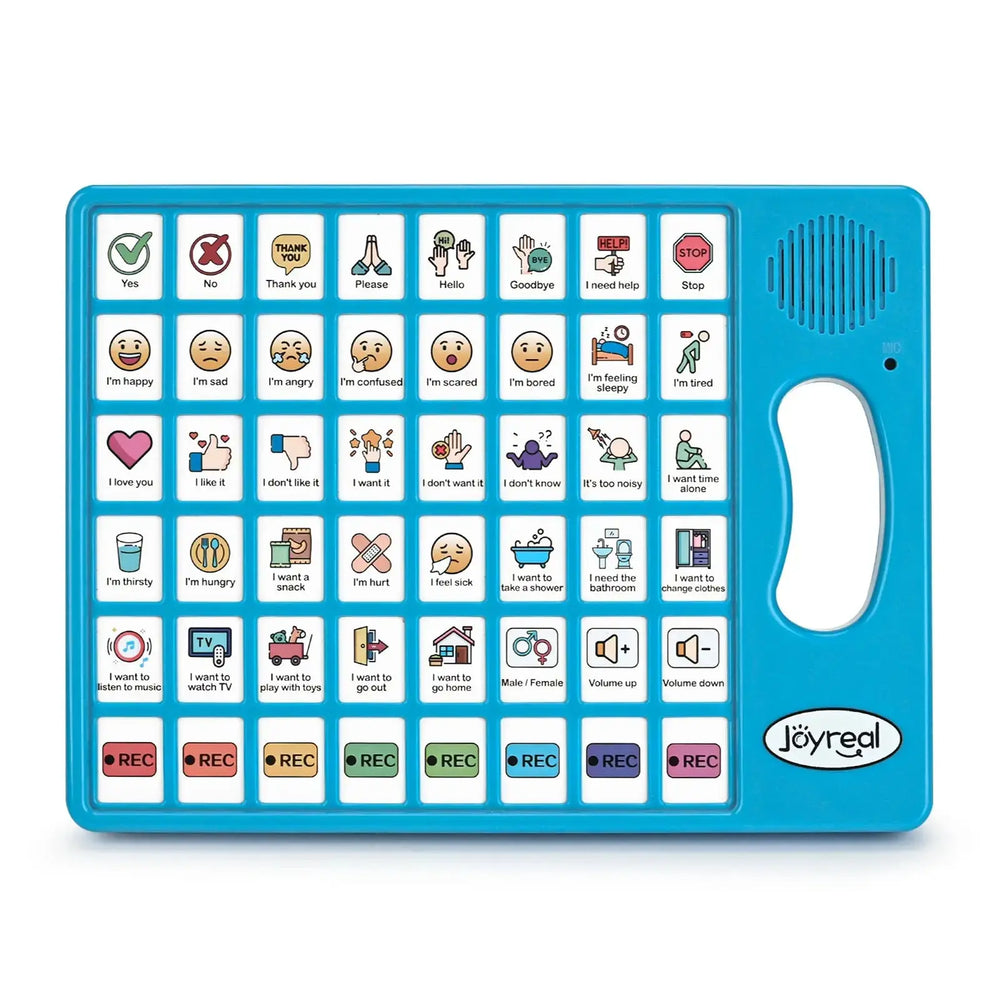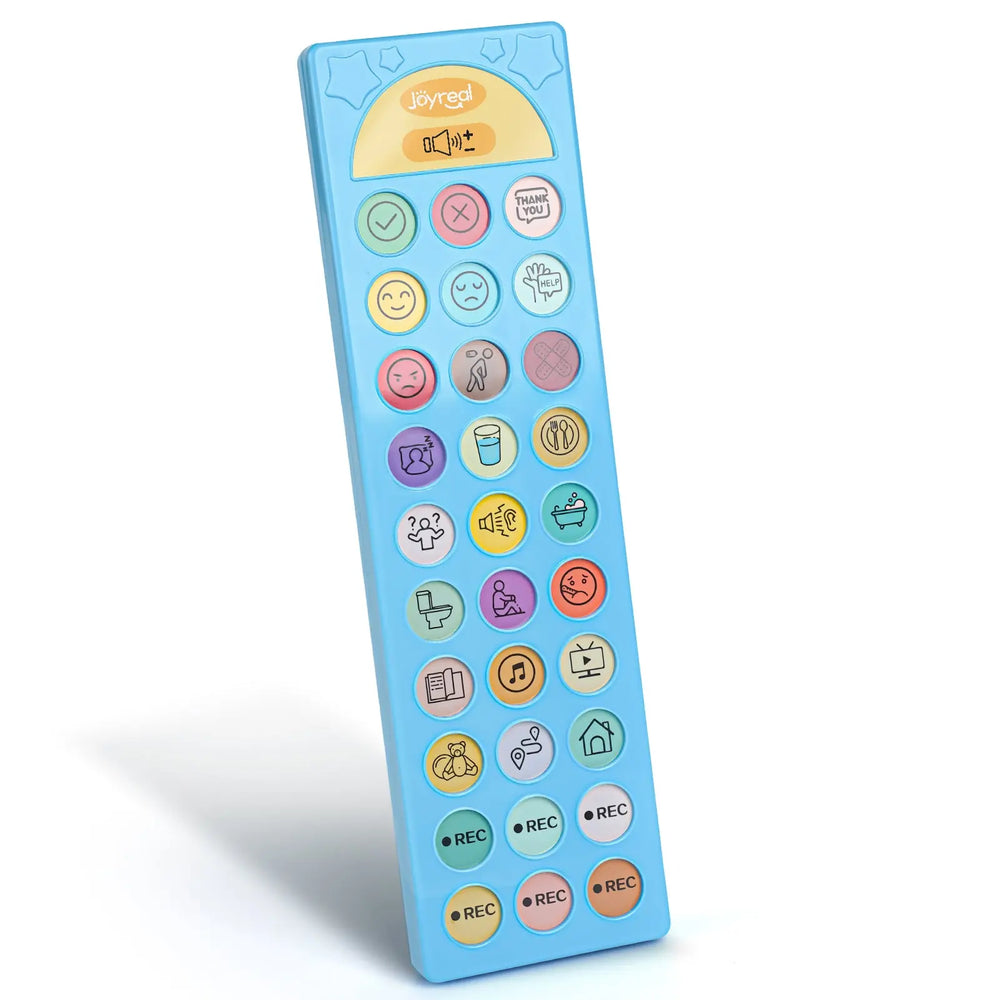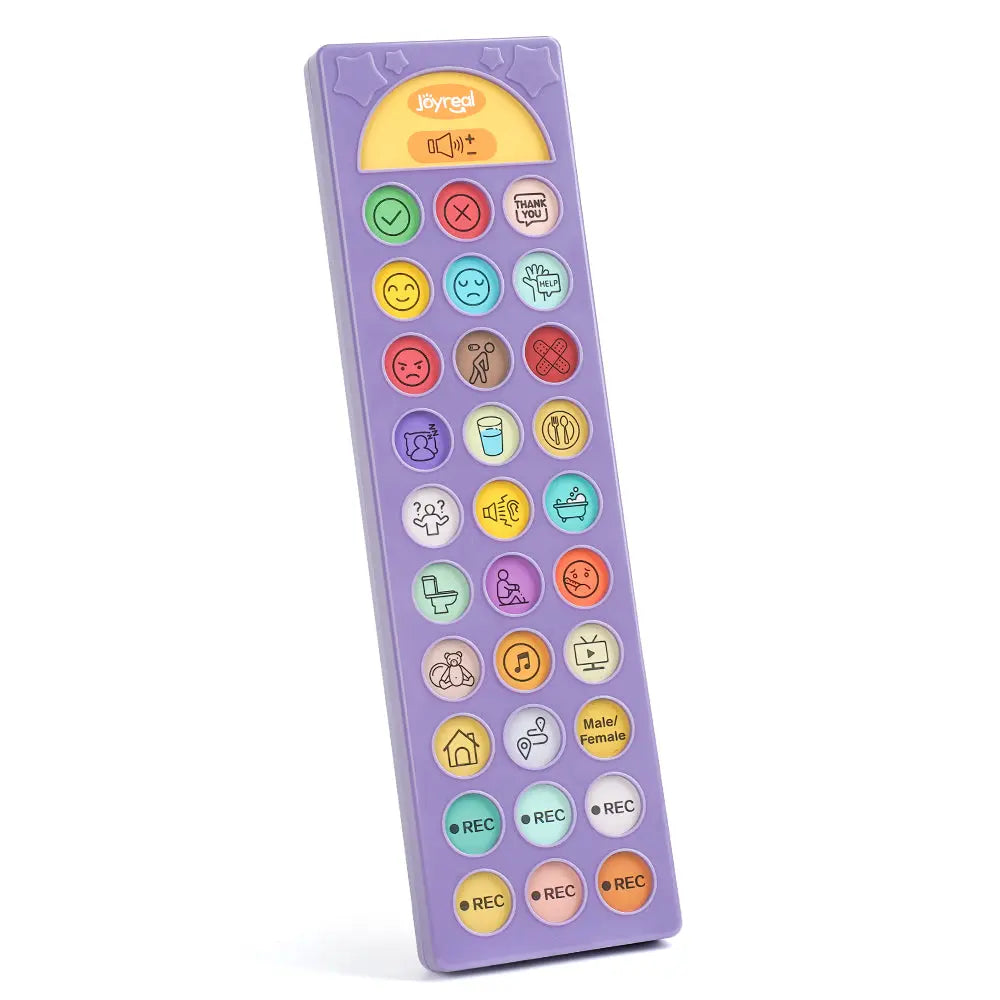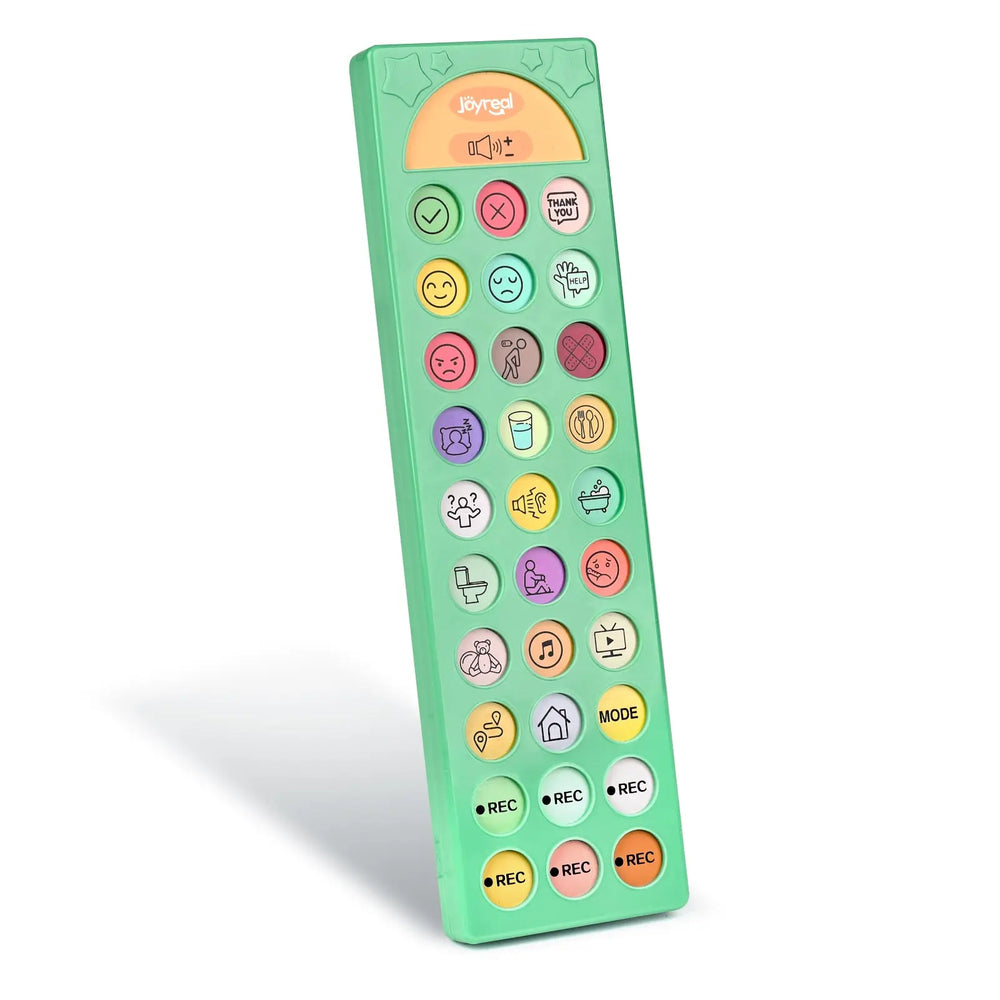Speech Delay or Autism or Aphasia? Know the Signs
Aphasia vs. Speech Delay vs. Autism: Understanding the Differences
Communication is the foundation of human connection. When a child or adult struggles to express themselves or understand language, it can cause deep concern. Among the most common communication-related challenges are aphasia, speech delay, and autism spectrum disorder (ASD). Though these conditions may seem similar on the surface, their origins, symptoms, and treatments differ significantly. Understanding these differences is essential for early diagnosis and effective intervention.

What Is Aphasia?
Aphasia is a language disorder that results from brain damage, affecting a person’s ability to speak, understand, read, or write. It’s not a problem with intelligence or speech muscle weakness—it’s a disruption in the brain’s language-processing areas.
Common Causes of Aphasia in Children and Adults
Aphasia is most commonly caused by:
- Stroke or brain injury – especially affecting the left hemisphere of the brain
- Brain tumors or infections that damage language centers
- Progressive neurological diseases like dementia or Alzheimer’s
Children rarely develop aphasia unless there’s a severe brain injury or infection, while adults—particularly older individuals—are more at risk after a stroke.
Signs and Symptoms of Aphasia
People with aphasia may:
- Struggle to find the right words or use incorrect words
- Have trouble understanding others’ speech
- Mix up words when speaking or writing
- Speak in short, incomplete sentences
- Experience frustration when trying to communicate
What Is a Speech Delay?
A speech delay occurs when a child develops speech skills slower than expected for their age. Unlike aphasia, which results from brain damage, a speech delay typically involves delayed speech sound production rather than a loss of language ability.
Causes of Speech Delay in Children
- Hearing loss or chronic ear infections
- Limited verbal interaction or lack of stimulation
- Developmental disorders or premature birth
- Bilingual environments (where children may take longer to separate languages)
Typical Signs of Speech Delay
- Not babbling by 12 months
- Limited vocabulary at age 2
- Difficulty forming simple sentences by age 3
- Frustration when trying to communicate
Speech delay doesn’t usually affect a child’s understanding of language—just their ability to express it.
What Is Autism Spectrum Disorder (ASD)?
Autism is a neurodevelopmental condition that affects communication, social interaction, and behavior. Not all individuals with autism have speech delays, but many exhibit atypical communication patterns.
Communication and Social Challenges in Autism
- Repeating words or phrases (echolalia)
- Limited eye contact
- Preference for routines and difficulty with change
- Challenges in understanding tone, humor, or social cues
Speech Development Patterns in Autism
Some children with autism start speaking later, while others may speak early but use language in unusual ways. Speech may sound robotic, repetitive, or lack social purpose.
Diagnosing These Conditions
Proper diagnosis requires collaboration among professionals.
Role of Speech-Language Pathologists and Neurologists
- Aphasia is diagnosed using brain imaging and language assessments.
- Speech delay is identified through developmental milestones and hearing tests.
- Autism involves behavioral observation, parent interviews, and developmental screening tools like the ADOS-2.
Treatment and Therapy Approaches
Speech Therapy for Aphasia
Therapy focuses on rebuilding language through repetitive practice, visual aids, and Augmentative and Alternative Communication (AAC) devices.
Early Intervention for Speech Delay
Speech-language pathologists teach children new words, improve pronunciation, and train parents to model correct speech during play and daily routines.
Communication Strategies for Autism
Techniques such as Applied Behavior Analysis (ABA), Picture Exchange Communication System (PECS), and social stories help autistic children communicate effectively.
How Parents and Caregivers Can Support Communication Development
- Read aloud daily and encourage conversation
- Avoid correcting speech harshly—model it gently
- Engage in play that promotes talking
- Seek professional evaluation early if concerned
Early intervention can dramatically improve communication outcomes, no matter the diagnosis.
Using Assistive Tools to Support Communication
In addition to speech therapy, augmentative and alternative communication (AAC) tools can be extremely helpful—especially for children with autism, aphasia, or severe speech delay. These devices give children a way to express their thoughts and needs when speech is difficult.
One highly recommended brand is Joyreal AAC communication devices. Joyreal’s AAC tools are designed to be easy to use, child-friendly, and adaptable for various communication challenges. Whether your child needs visual icons, touch-based voice output, or a customizable communication board, Joyreal offers solutions that grow with your child’s abilities.
Parents and therapists alike appreciate how Joyreal Talking aid bridge the communication gap, empowering children to communicate confidently at home, in school, and during therapy sessions.
💡 Tip: Pairing professional speech therapy with an AAC device like Joyreal can accelerate progress and reduce frustration for both children and caregivers.
Conclusion
Though aphasia, speech delay, and autism can all affect communication, they stem from very different causes and require distinct approaches. Understanding these differences helps families seek the right interventions early—unlocking the potential for stronger communication, confidence, and connection.
For more information on early speech development, visit the American Speech-Language-Hearing Association (ASHA) at www.asha.org
FAQs About Aphasia, Speech Delay, and Autism
1. Can a child have both speech delay and autism?
- Yes. Many children with autism also experience speech delays, though not all children with speech delays have autism.
2. Is aphasia permanent?
- It depends on the cause and severity. Some people recover partially or fully with therapy.
3. When should I worry about a speech delay?
- If your child isn’t saying single words by 18 months or short phrases by age 2, consult a speech-language pathologist.
4. Can adults develop autism suddenly?
- No. Autism is present from early development, though it may not be recognized until adulthood.
5. Does bilingualism cause speech delay?
- No. Bilingual children may mix languages temporarily, but this doesn’t indicate a true delay.
6. What’s the best therapy for autism-related speech issues?
- A combination of speech therapy, ABA, and social skills training often yields the best results.
Maybe it will be helpful for you:
Recent Post

Buy Once, Play Longer with Joyreal Toys
“We’re tired of toys that only last a weekend.”“I want toys that gr...

Love Is Learning Together: Valentine’s Day Educational Toys by Joyreal
When we think of Valentine’s Day, our minds often drift to roses, c...

A New Year, A New Beginning: Joyreal Toys’ Wish for Every Child
A Heartfelt New Year Message from Joyreal Toys As we welcome 2026, ...

Can Montessori Wooden Toys Grow With Your Child From 1 to 4?
When Your One-Year-Old Plays for Two Minutes and Walks Away It’s a ...

Mini Piano or Drum Set — Which Is Best for Kids?
As parents, we all face the same struggle — our children spend hour...

Is Phonics-Based AAC Right for Your Nonverbal Child?
Why Nonverbal Children Need AAC Devices For many parents, finding a...

Picture-Based AAC or Phonics AAC? A Parent’s Guide
Phonics vs Picture-Based AAC: Which Communication Tool Is Right for...

How Does Music Enlightenment Work for Ages 0–3?
Why Age-Specific Music Enlightenment Matters (0–3 Years) The first...

What Age Is a Noah’s Ark Toy For?
Is a Noah’s Ark Toy Good for Toddlers (Ages 1, 2 & 3)? When par...

Why Noah’s Ark Is More Than Just a Story Toy?
When parents search for a wooden Noah’s Ark toy, they’re usually no...
